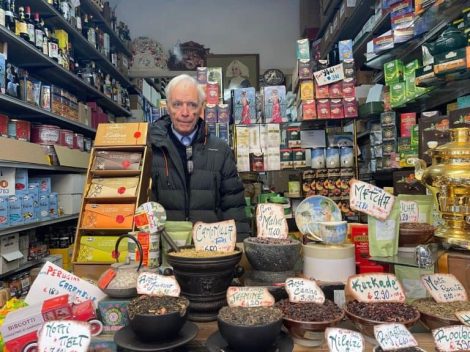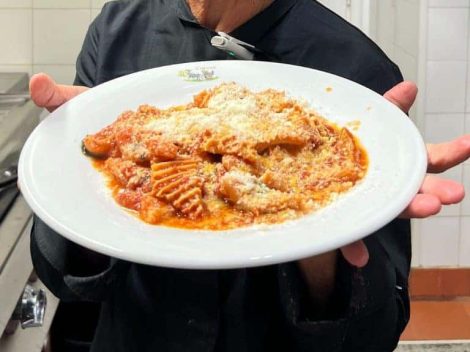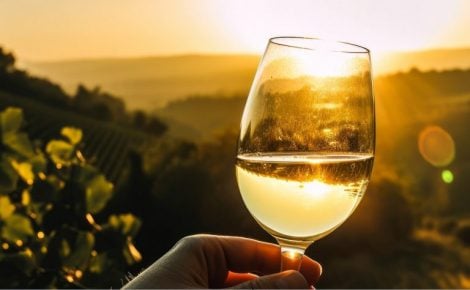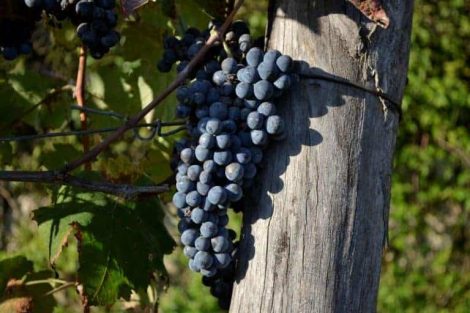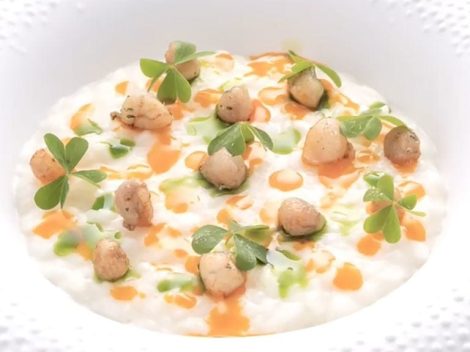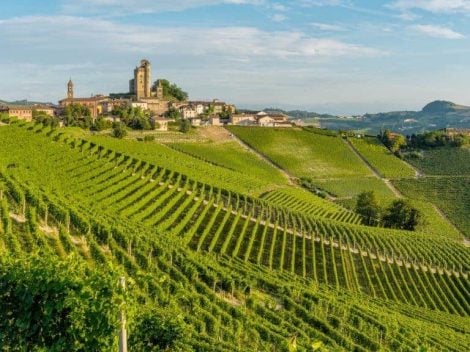The history of the Frescobaldi family has ancient roots, and is closely linked to the history of Florence. Merchants and bankers, the Frescobaldi family also include poets like Dino, a friend of Dante Alighieri, or musicians like Girolamo. Florence itself, without the Santa Trinita bridge or the basilica of Santo Spirito, would not be the same. But since 1308 there is a common thread that runs through the history of this family. Wine production. Today they are among the most important Italian wineries, with seven estates in Tuscany, which become ten with Luce, Ornellaia and Masseto, and finally a Friulian offshoot, the historic Attems estate in the Collio Goriziano. From 2013 at the helm of the maison is Lamberto, who represents the 30th generation. He studied viticulture in Davis, California, and has always been involved in the management of the winery.
Quite the responsibility: many companies, a constantly evolving market, where blazon and the tradition are not enough...
It's almost a handicap; tradition must be fueled by innovation and knowledge, by the desire to do better, the desire to change things, to grow and improve... A further suffering is that you have only one chance a year to grow. It's a serious story, jokes aside, we have never cheered for the results achieved, if anything we expressed a measured satisfaction, there's always room for improvement... We Italians are artisans, beyond the numbers we do things with passion and manuality, and this eventually makes the difference.
The Frescobaldi estates are 7. Actually, they’re 10. Or 11?
Under the Frescobaldi brand there are 7 estates, the others are owned but do not have our name, they've never had it, they have their own history. Masseto, Ornellaia, Attems, then Luce, which was a joint venture until 2004, we didn't want to change the names.
We have an approximate grand total of 1,500 hectares, but each company is in itself, each with its own vision, an objective, each one is part of the same group but is also different. Everyone takes their risks, from pruning to harvest, we don't have a better wine, every year every company must do its best and take all the risks. It's our philosophy.
Dove parte un grande vino?
The path is simple, just remember that wine is born in the vineyard. It is not a banality. The vineyard is ravenous of labor and costs, and you don't know if they will be rewarded by a beautiful harvest, a beautiful climate, success... Think of Montalcino... It took 5 years before selling a bottle. And the vineyard can be managed with less than 100 hours of labor per year or with 800 hours/year per hectare. There are a 1,000 small and expensive operations, but if you want to achieve certain results you can't take shortcuts. If you have a healthy company you can face certain cultivation costs to make a really nice wine: the equipment is the same for everyone, the difference is the management of the vineyard. And of course, if you have a vineyard in an exceptional position you can make a great wine.
Sustainability, organic, biodynamic... Social...
We started on a journey towards sustainability back in 1995, struggling to the minimum use of synthetic products. Since 2006 in Montalcino, where we are certified in organic since 2015, but we are extending these practices to all the estates. It's a journey of growth that has no end. On the island of Gorgona, which is a national park, we have implemented a special project of social solidarity: we make wine with inmates, who are regularly paid and learn a new job. And since 2012 we train and help them with their reintegration. An experience that has deeply enriched my soul, and that I personally carry out.
Is the last purchase always the most beautiful?
Yes, it's human... But then if you're referring to Perano's estate this holds even truer. My father Vittorio also liked it, we wanted it for decades, and when we presented the opportunity we rented it before, then we opened the possibility of acquiring it directly. Since 2014 it is ours, and we have done a great job, with care and severity, we have invested a lot in that company, we were the first winery to buy a hybrid caterpillar for earth moving, we invest in every little detail. From the planting of the vineyard to a good wine 10 years pass, it takes sense of perspective.
Italian markets or International ones?
Our first market is Italy, over 33%, then the US with 17, but we have pulverized the offer in many countries, we do not depend on anyone. We are strong at home, where we had great satisfaction, and in Japan, Russia and Canada people are fond of our wines. Frescobaldi is an agricultural society and its income is the agrarian one, a unique case, we don't have commercial brands, all the wine comes from our vineyards, if everything goes well it's beautiful, it's our philosophy...
Do you have quality growth margins?
There are always margins: a plant, a machine, you can't sleep on your laurels, you must always strive to the max. Research, equipment innovation, optical sorters... There is never an end. We have agronomists from all over the world, and we encourage young people who work with us to gain experience abroad, harvesting in other continents. We want them to grow professionally, it is an enrichment for the company. We continue to have experiences, to study every vineyard, to experiment.
How do you see the world of wine in the coming years?
I am an optimist. There will be increasingly difficult markets like the USA for duties and domestic production growth, but there are new markets: just think of China and India, we're moving ahead at warp speed, and they could be the future. The taste? I believe that in our niche of territory premium wines there is a definite evolution of taste: a change that's happened over the years. At one time people looked for richer and more woody wines, but they were aspects that covered territoriality. We must have the humility to make the territory communicate, if the territory is worth... Otherwise it depends only on technique, with the risk of trivializing the product. If you can afford it, you must maintain your personality and that of the territory. In the end this makes the difference.
by Marco Sabellico

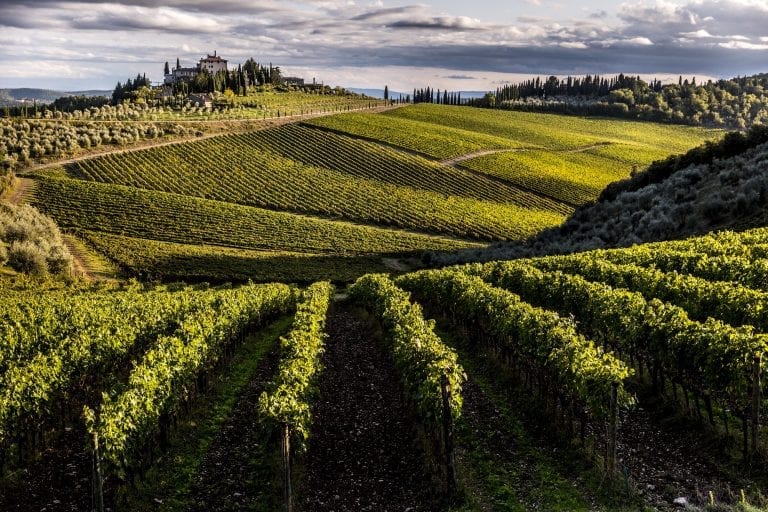
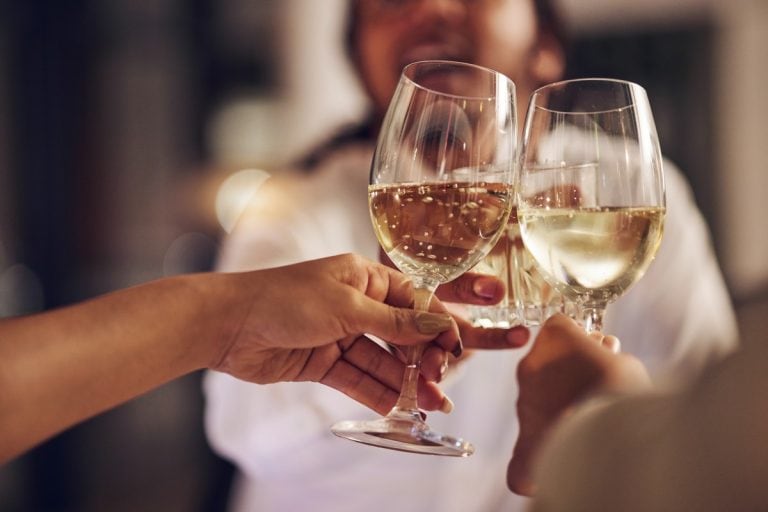 Sparkling wines surpass still wines in Italian out-of-home consumption. Most popular during the aperitif
Sparkling wines surpass still wines in Italian out-of-home consumption. Most popular during the aperitif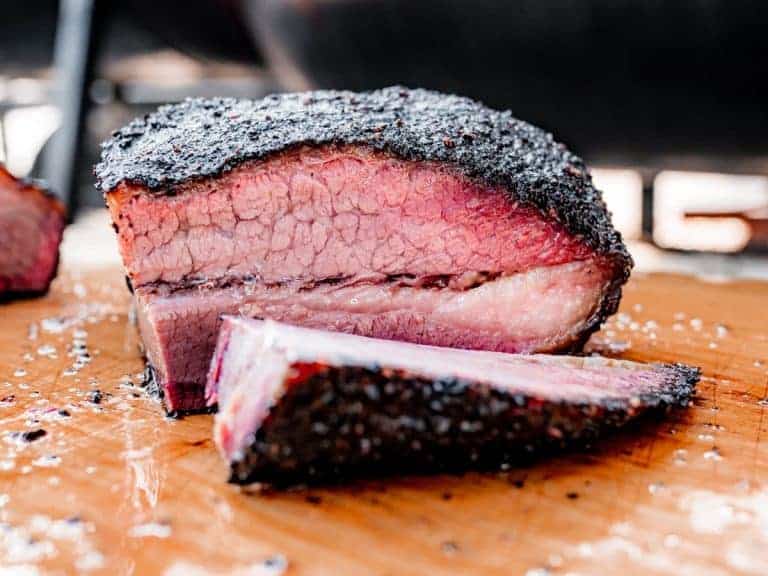 American Barbecue wins a Michelin star for the first time in history
American Barbecue wins a Michelin star for the first time in history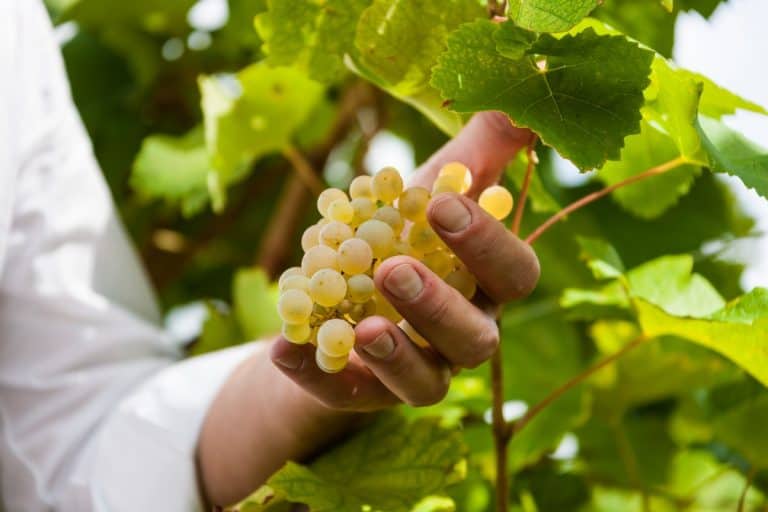 Prosecco Superiore: the 8 best selected by Gambero Rosso
Prosecco Superiore: the 8 best selected by Gambero Rosso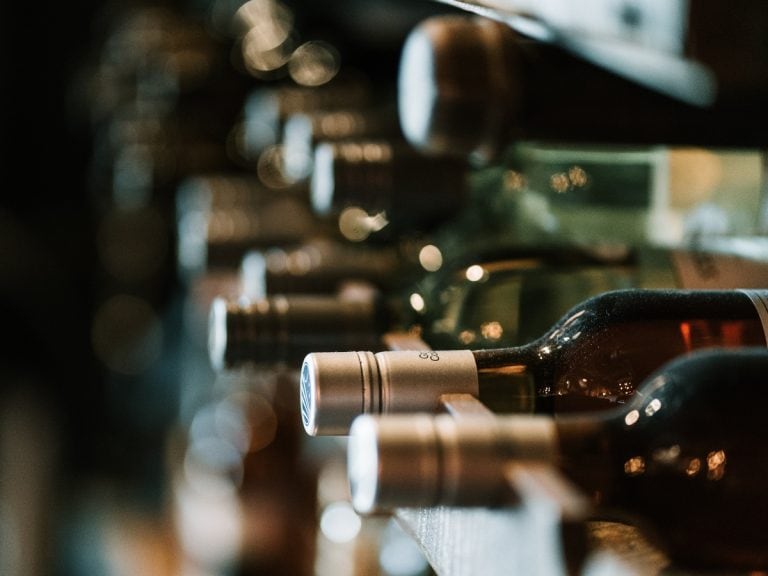 Italian wineries face rising debts and falling revenues as wine industry grapples with economic uncertainty
Italian wineries face rising debts and falling revenues as wine industry grapples with economic uncertainty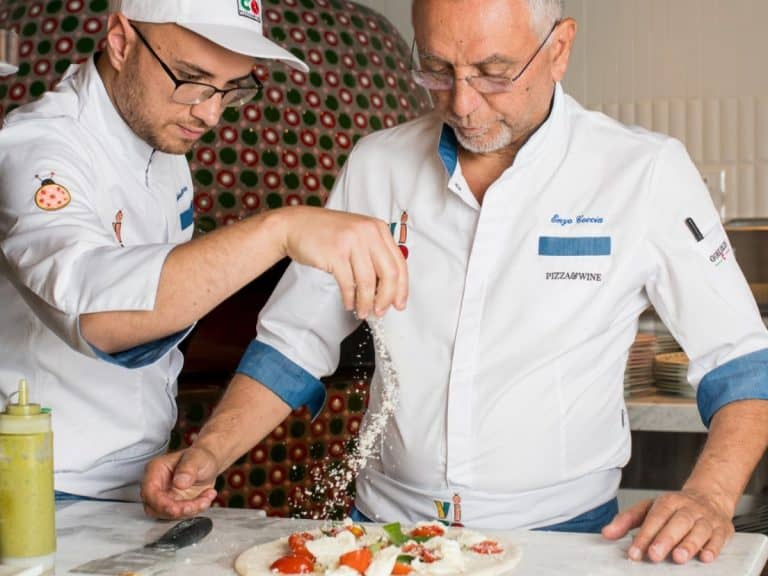 Enzo Coccia leaves Rome for an ambitious project in the United States: "but La Notizia stays"
Enzo Coccia leaves Rome for an ambitious project in the United States: "but La Notizia stays"